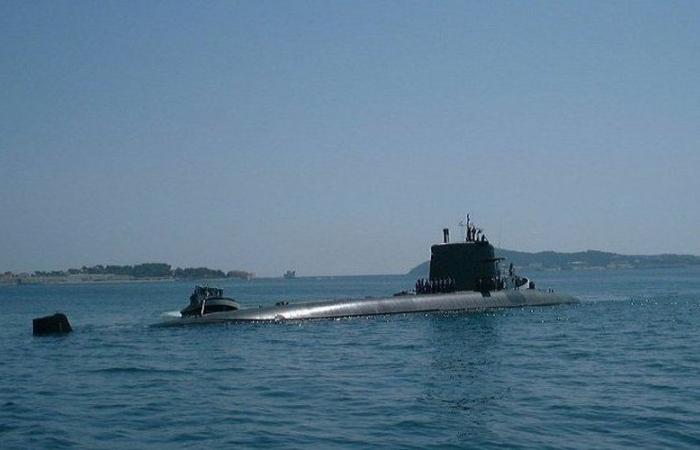
the essential
Russia and North Korea have reportedly jointly designed an autonomous underwater drone, equipped with atomic torpedoes. The American authorities fear colossal damage if the Russian armed forces were to use this type of device.
It is no longer a secret: it has been several months since Russia revealed the strategic defense agreement that Moscow signed with North Korea. In front of the camera lenses, North Korean leader Kim Jong-Un and Russian President Vladimir Putin ratified and signed a defense agreement, thus sealing a rapprochement criticized in a context of armed conflict in Ukraine. But cooperation between the two nuclear powers could have gone a step further. As part of an informal coalition called “Joint Sword”, Russia and North Korea – joined by China and Iran – have in fact developed “autonomous underwater drones” (also known as “autonomous underwater drones”). unmanned underwater vehicles” or “UUV”), relate our colleagues from Popular Mechanics.
Also read:
War in Ukraine: calendar, discussions… why peace negotiations could take place “as early as this winter”
These devices can be equipped with nuclear charges, which the North Korean Central News Agency calls “radioactive tsunamis”. These weapons would be capable of generating waves that could threaten coastal cities. These are droneized atomic torpedoes, called “Status-6 Poseidon”, developed in Russia since 2015. Vladimir Putin presented these munitions publicly, designating them as a “doomsday device”. For its part, North Korea has made its underwater drone called “Haeil” available. The device was unveiled in broad daylight in March 2023. If the United States fears these weapons, it is above all because these autonomous underwater drones are difficult to detect.
The French Navy on the lookout
The conflict between Russia and Ukraine is therefore also taking place under water. Especially since the start of the war in Ukraine, the activity of Russian submarines in European waters has intensified, reflecting the growing tensions between Moscow and Western powers. Monitoring these movements has become a priority for the French Navy and its NATO partners in order to guarantee the security of European coasts and the protection of underwater infrastructure. In recent months, several Russian submersibles have been spotted not far from the French coast. To spot them and track down foreign submarines, the French authorities have a substantial arsenal: underwater frigates equipped with sonars, nuclear attack submarines – formidable because they are extremely discreet – sensor networks, surface drones, patrol planes…
Also read:
War in Ukraine: Vladimir Putin rules out any “peaceful resolution” of the conflict and denounces the “destructive line of the kyiv regime”
“We must do more to strengthen the security of underwater infrastructures because our societies are increasingly dependent on them,” Jens Stoltenberg, the former head of NATO, declared last May at the end of a meeting on the safety of these underwater structures.
Belgium





